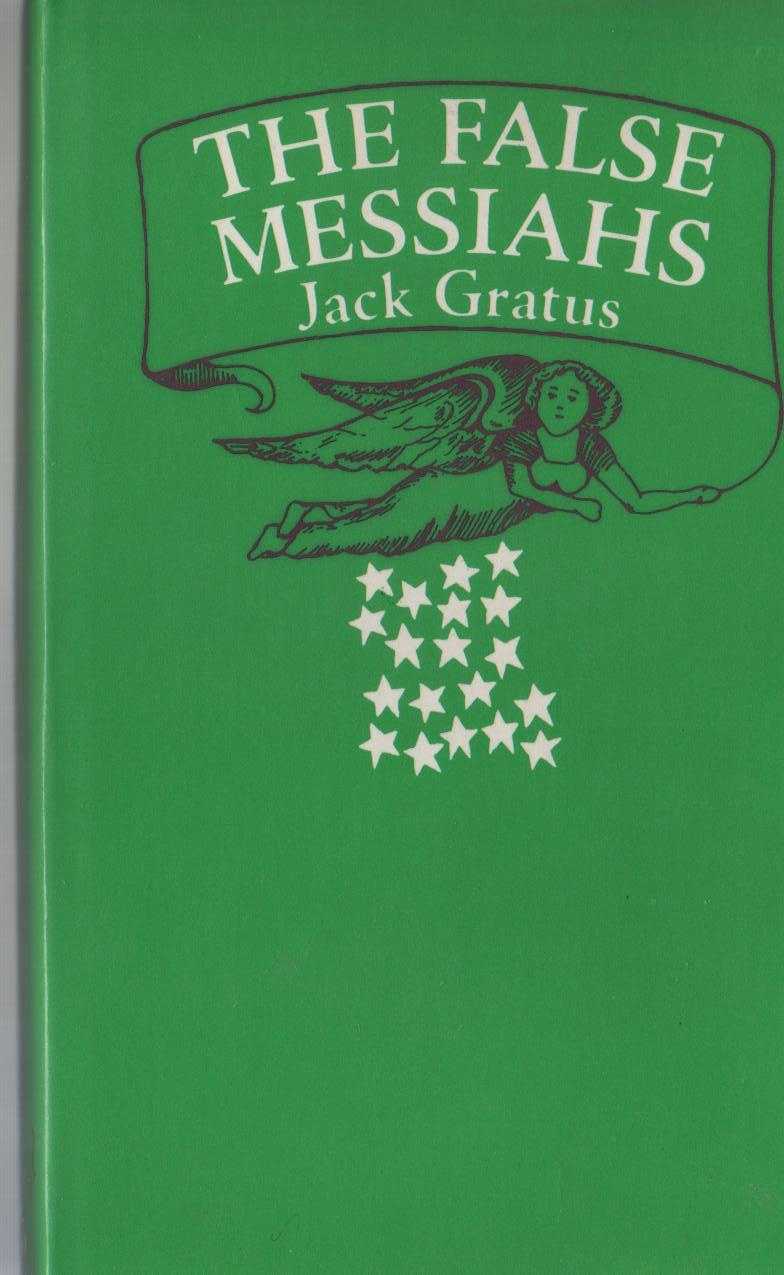 By MICHAEL FREUND
By MICHAEL FREUND
Fundamentally Freund: the Donmeh community, numbering several thousand people, descends from followers of the false messiah Shabtai Zvi.
Recently, at a small synagogue in New Jersey, a Jewish tragedy more than three centuries old came to an abrupt and long-awaited end.
Standing before a rabbinical court, a “hidden Jew” from Turkey closed an historical circle by emerging from the shadows of the past and formally returning to the Jewish people.
The young man in question, who now goes by his Hebrew name of Ari, is a member of the Donmeh, a community numbering several thousand people who are descendants of the followers of the false messiah Shabtai Zvi.
It might sound fanciful, or even far-fetched, but after all these years, there are still people who believe that he will yet return to redeem Israel.
In the 17th century, Zvi stormed onto the Jewish scene, raising hopes of redemption and electrifying Jews the world over. Armed with immense charisma, he traveled to various Jewish communities and promised that the long-awaited deliverance from exile was at hand.
But his messianic career came to a crushing end when the Ottoman sultan presented him with a dire choice: convert to Islam or die by the sword. The would-be claimant to King David’s throne tossed heroism aside and became a Muslim, along with 300 families who were among his most loyal adherents.
While they ostensibly practiced Islam, the Donmeh (also known as the Ma’aminim, Hebrew for “believers”) nonetheless continued to observe a mystical form of Judaism in secret.
Scholars such as Gershom Scholem wrote extensively about the Donmeh, and the University of California’s Marc David Baer recently published an important new study about them.
Until today, some of these Sabbateans preserve various Jewish customs, such as celebration of the festivals, study of the Zohar, and even the recital of portions of the book of Psalms each day. And they still follow the “18 Commandments” handed down to them by Shabtai Zvi, which includes an absolute prohibition on intermarriage.
For many years, they concentrated in the Greek city of Salonika, until they were expelled to Turkey in 1923-24 as part of the population exchanges between the two countries. This painful chapter in their history turned out to be a blessing in disguise, because it saved them from the fate that befell Greek Jewry, most of whom were murdered by the Nazis.
But despite the Donmeh’s conversion to Islam and the passage of more than 300 years, they are still viewed with suspicion by Turkish Muslims, and are frequent targets of the country’s press, which accuses them of being part of an international Zionist conspiracy.
So it is no surprise that the Donmeh turned inward and essentially went underground, in effect leading double lives to survive. Though many of them have assimilated into Turkish society, several thousand still reside in cities such as Istanbul and Izmir.
TWO YEARS ago, on a visit to Istanbul, I met with some members of the younger generation of Donmeh, including Ari. Given the current state of Turkish- Israeli relations, I cannot divulge identifying details about them, other than to say they all expressed a deep yearning to return to Judaism.
When I met them in the lobby of a small hotel, Ari in particular seemed especially nervous. He was constantly peering around the room, initially afraid of being seen with a kippa-wearing Jew from Israel.
He told me of the mistreatment the Donmeh endure in the Turkish media, and said, “I am tired of hiding and I am tired of pretending. I want to be a Jew – I want to return to my people.”
When I probed him about his Jewish knowledge, I was astonished to see how conversant he was with various kabbalistic concepts. And I’m not referring to the pseudo-Kabbala practiced by Madonna and others in Hollywood, but to the real thing.
Ari later showed me around the city, pointing out the Donmeh cemetery and other sites central to the community’s hidden life. With an obvious sense of frustration, he explained how Turkey’s Jewish community will not go near the Donmeh issue, fearful of the reaction this might evoke.
“I am caught between two worlds,” he said. “The Turks see me as a Jew, but the Jews will not accept me.”
But all that changed a few weeks ago, when Ari took the brave step of traveling to America to undergo a return to Judaism. After the rabbis examined his case, taking into account the fact that his ancestors had only married among themselves, they welcomed Ari back into the fold.
Speaking to me shortly afterward, Ari could not contain his emotions: “It is a miracle – I am now an ‘official’ Jew, after all these years!” The following Sabbath, he was honored at a New York-area synagogue with carrying the Torah before the congregation. He held the scroll tightly and lovingly in his hands, cradling it like a newborn infant as tears of joy and relief trickled down his cheeks.
Ari is not alone. There are many other young Donmeh also looking to find their way back, and it behooves the Jewish people to help them. Whatever mistakes their ancestors may have committed, the Donmeh of today have clung to their Jewish heritage and kept it alive. Those who wish to reclaim their roots should be enabled to do so.
Welcome back to our people, Ari, and may your return pave the way for other Donmeh.
The writer serves as chairman of Shavei Israel (www.shavei.org), a Jerusalem-based group that assists “lost Jews” seeking to return to the Jewish people.
www.jpost.com, 23.03.2011

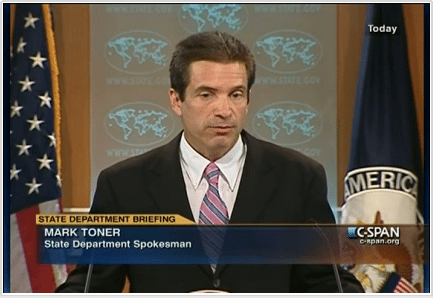
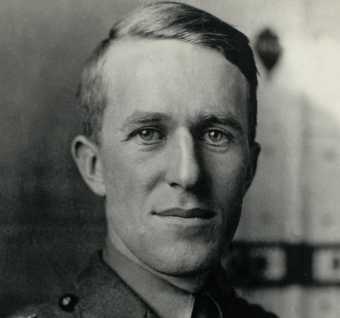


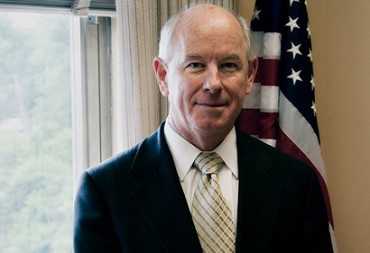

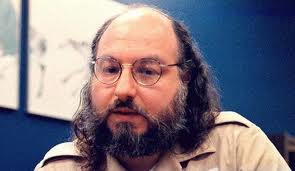 So what would Dr. Kissinger have us do now? Well, according to
So what would Dr. Kissinger have us do now? Well, according to